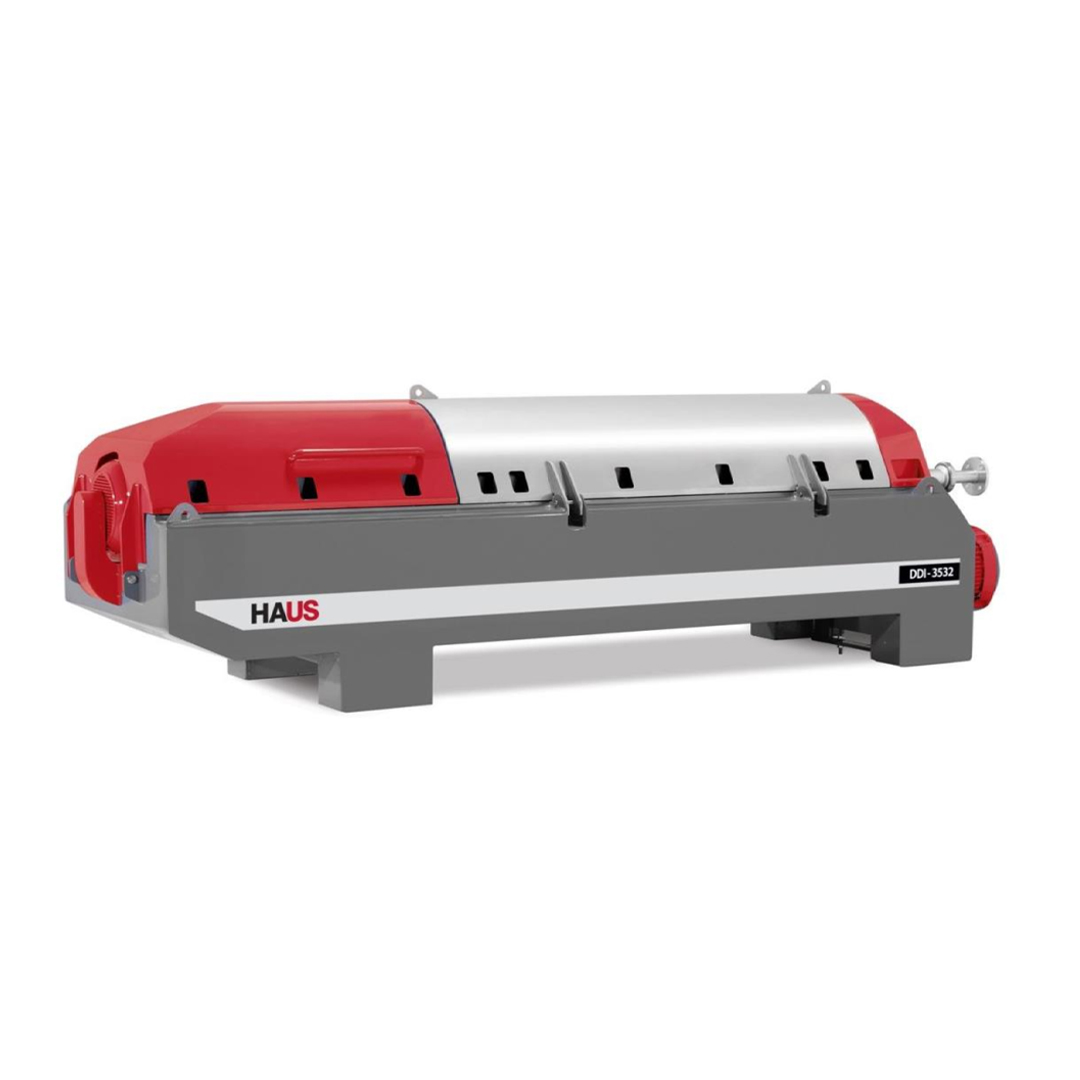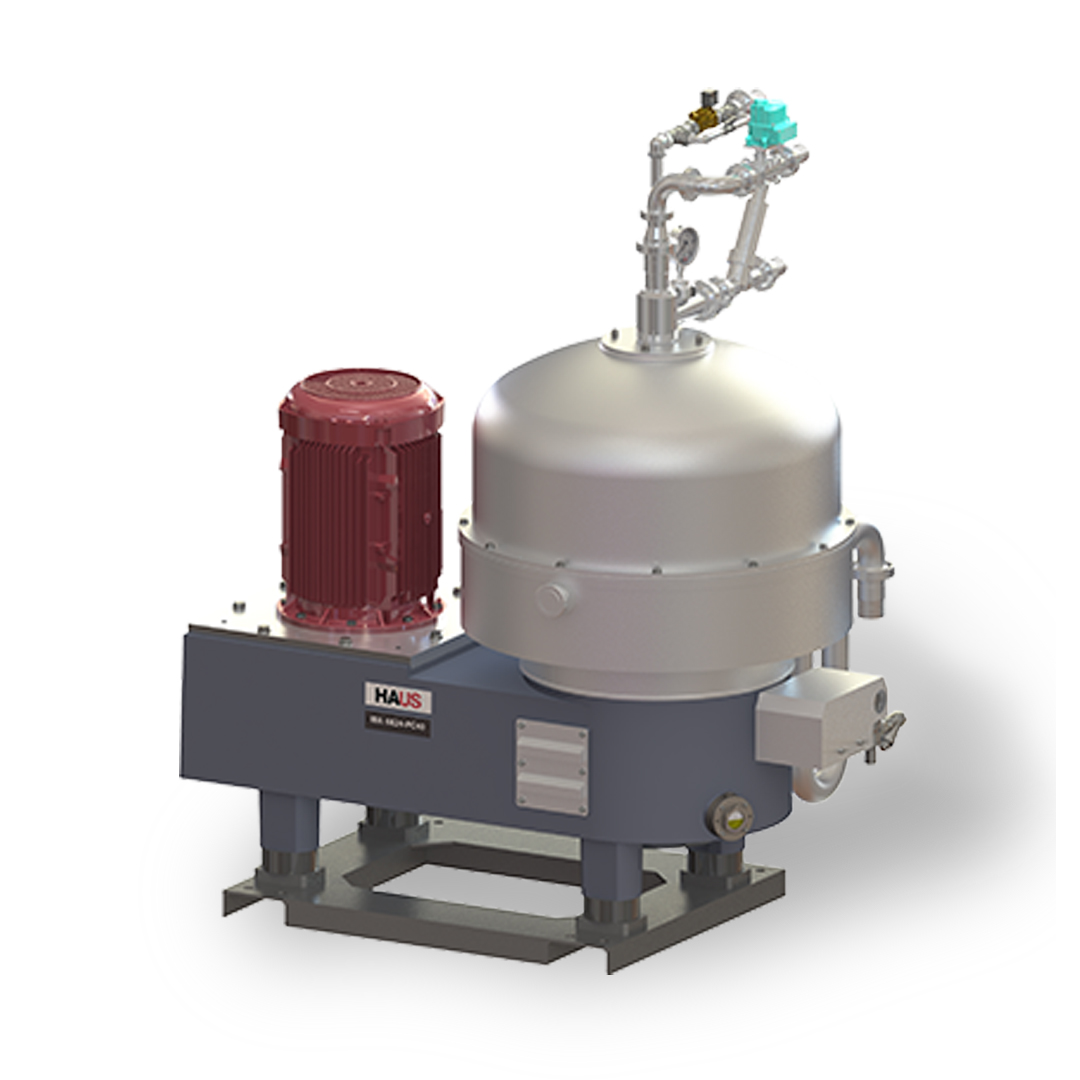Vegetable Oil Industry
Oily seeds are raw materials which are important for both human and animal nutrition, and industrial production. The most prominent oily seeds used in global industrial oil production are soy, sunflower, cotton, rapeseed, peanut, sesame, safflower, opium, flax, hemp, jojoba, corn, olive, date and coconut and palm.
Plants with oily seed are among the essential nutritional raw materials for human and animal diet in terms of the oils, carbohydrates, vitamins and minerals they contain. Grains, cossette and oils obtained from plants with oily seeds are among the most important auxiliary raw materials of compound animal feeds. Feed is one of the biggest expense items in livestock breeding. Besides being an essential food for humans and animals, vegetables oils are also used as raw material in a number of industries. Oily seeds are among the most significant raw materials of the biodiesel production industry. In general soy and canola oil is used for biodiesel production. Glycerin is obtained as byproduct in biodiesel production and this is a product which is used as raw material in many sectors.
Process Operation
Plants with oily seeds are initially ran through prescreening line to remove weeds and other residues and rendered ready for processing. In order to activate the oil content in the seeds, seeds are first brought to high temperatures in heating pans before being fed to the press. Oil obtained upon pressing and containing sediment are cleaned to contain minimum amount of sediment in compliance with the food standards by being subjected to physical separation by HAUS Decanters. Oil obtained upon physical separation is introduced to the refinement stages. Solid (cake) phase output from the decanter and press is fed to the extraction stage for extraction of the remaining oil. Decanter centrifuges are preferred in this process due to their compatibility with full automation, high performance, minimum space requirement and ease of operation.
Oily seeds are raw materials which are important for both human and animal nutrition, and industrial production. The most prominent oily seeds used in global industrial oil production are soy, sunflower, cotton, rapeseed, peanut, sesame, safflower, opium, flax, hemp, jojoba, corn, olive, date and coconut and palm.
Plants with oily seed are among the essential nutritional raw materials for human and animal diet in terms of the oils, carbohydrates, vitamins and minerals they contain. Grains, cossette and oils obtained from plants with oily seeds are among the most important auxiliary raw materials of compound animal feeds. Feed is one of the biggest expense items in livestock breeding. Besides being an essential food for humans and animals, vegetables oils are also used as raw material in a number of industries. Oily seeds are among the most significant raw materials of the biodiesel production industry. In general soy and canola oil is used for biodiesel production. Glycerin is obtained as byproduct in biodiesel production and this is a product which is used as raw material in many sectors.
Process Operation
Plants with oily seeds are initially ran through prescreening line to remove weeds and other residues and rendered ready for processing. In order to activate the oil content in the seeds, seeds are first brought to high temperatures in heating pans before being fed to the press. Oil obtained upon pressing and containing sediment are cleaned to contain minimum amount of sediment in compliance with the food standards by being subjected to physical separation by HAUS Decanters. Oil obtained upon physical separation is introduced to the refinement stages. Solid (cake) phase output from the decanter and press is fed to the extraction stage for extraction of the remaining oil. Decanter centrifuges are preferred in this process due to their compatibility with full automation, high performance, minimum space requirement and ease of operation.

PRODUCTS OF THE APPLICATION
You May Also Be Interested
HAUS
How Can We Help You?
#BECAUSEWECARE









